Biological Evolution: Unity and Diversity

Educators and Parents, Sign Up for The Cheat Sheet
Weekly updates to help you use Science News Explores in the learning environment
Thank you for signing up!
There was a problem signing you up.
-
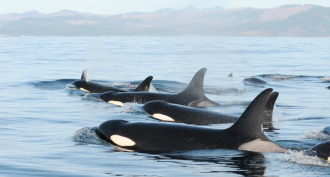 Animals
AnimalsThese killer whales exhale sickening germs
A group of endangered killer whales are exhaling disease-causing germs. Researchers worry these microbes could make the animals sick.
-
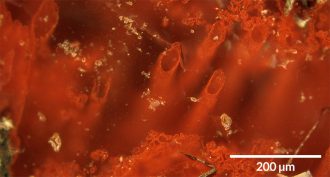 Fossils
FossilsFossils offer new candidate for earliest life
Rock unearthed in Canada appears to hold fossils from seafloor microbes that would have lived around 4 billion years ago, when Earth was very young.
By Meghan Rosen -
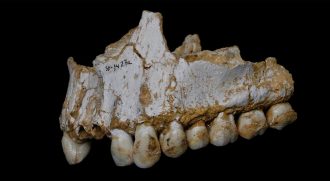 Science & Society
Science & SocietyFossils point to Neandertal diets — and medicine use
Whether Neandertals were largely meat-eaters or vegans depended on their environment, fossils now suggest. Their teeth also indicate they used natural medicines.
-
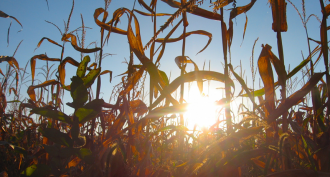 Genetics
GeneticsWorld’s tallest corn towers nearly 14 meters
Short nights and a genetic tweak helped novel corn reach record heights.
-
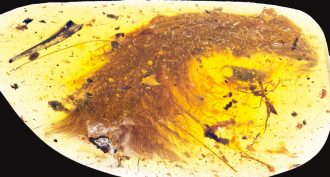 Fossils
FossilsDinosaur tail preserved in amber — feathers and all
Scientists have found the tail of a dinosaur trapped in amber. It includes both feathers and identifiable bits of bone.
By Meghan Rosen -
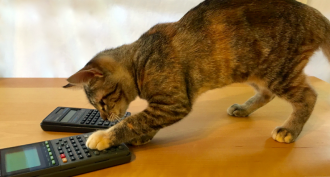 Animals
AnimalsAnimals can do ‘almost math’
Humans aren’t the only animals with a number sense. Scientists are trying to figure out where and when it evolved.
By Susan Milius -
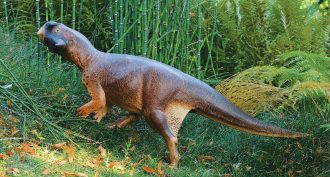 Fossils
FossilsSpeckled dino spurs debate about ancient animals’ colors
Structures found in fossil dinosaur skin may give clues to the creatures’ colors and how they lived. But not all scientists agree on how to interpret what they see.
By Meghan Rosen -
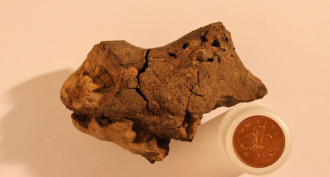 Fossils
FossilsDino brain found ‘pickled’ in boggy swamp
Scientists claim to have identified the first fossil brain tissue from a dinosaur.
By Meghan Rosen -
 Genetics
GeneticsHuman DNA carries hints of unknown extinct ancestor
A new study suggests people today carry genetic traces of now-extinct species unknown to science.
-
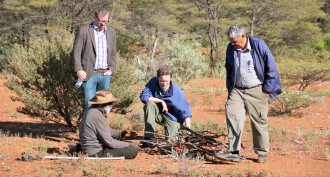 Climate
ClimateGlobe’s non-Africans all descend from a single move out of Africa
Look back far enough and everybody’s ancestors were African no more than 72,000 years ago. Climate scientists would up that date to perhaps 100,000 years ago.
-
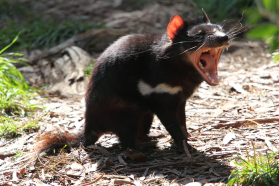 Animals
AnimalsTasmanian devils begin to resist infectious cancer
A deadly contagious cancer is spreading among Tasmanian devils. But the animals are evolving resistance, a new study finds.
-
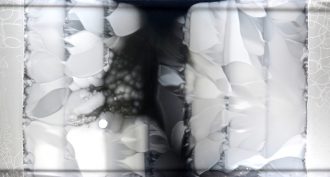 Life
LifeScientists watch germs evolve into superbugs
To study how bacteria can evolve resistance to a wide variety of drugs, scientists spread the germs on a food-filled plate the size of a foosball table. Then, they watched resistance rise.